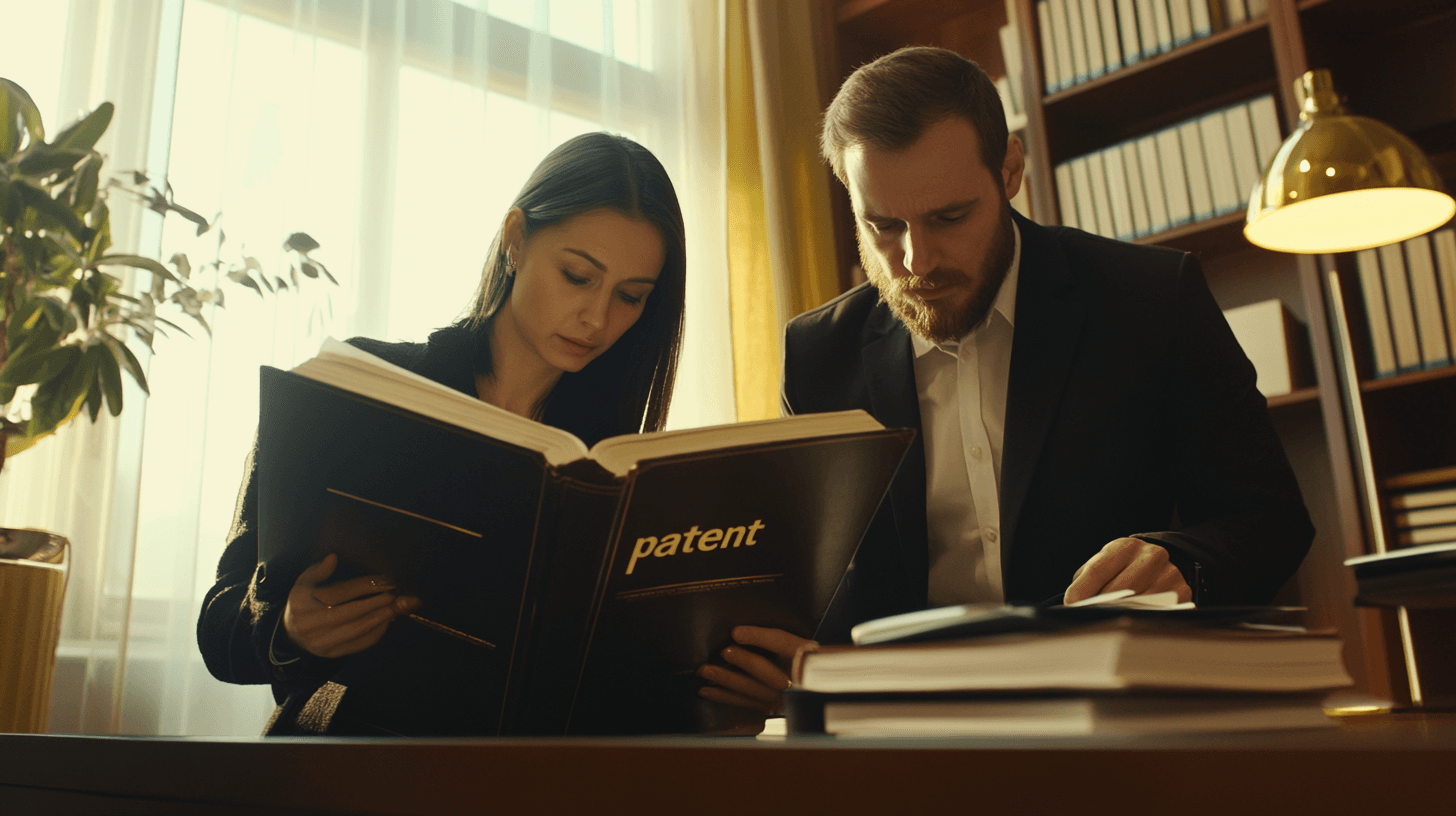Why patent language sometimes needs to be complicated
In a series of columns, Marco Coolen gives an insight into his work as a Dutch and European patent attorney at AOMB.
Published on January 5, 2025

Patent language may sometimes seem complex, AI-generated image.
Marco, a patent attorney at AOMB since 2013, shares his expertise on IO+ about patents—how they work, why they matter, and when they lose their value.
Patent applications are often full of terms that, at first glance, seem overly complex. Take, for example, the description: “A device for providing shelter to persons.” In the end, that turns out to be a tent. To an outsider, it may seem like the patent language is deliberately made complicated. But there is a good reason behind that complexity. Just as there often is, by the way, for a notary or lawyer language. Not to mention the medical field.
The essence of a patent is to protect an invention from infringement by competitors. The broader the protection, the more effectively you can keep competitors out. That's why the language in a patent application is often strategically chosen.
Suppose you invented a new bicycle. If you only talk about “bicycles” in your application, you automatically exclude other forms of transportation, such as scooters or fatbikes. However, by describing it as a “vehicle” or “means of transportation”, the scope of protection becomes much broader. This prevents competitors from circumventing your innovation by developing just a slightly different means of transportation.
That broad terminology is not a matter of fancy writing but of smart strategic thinking. The goal is to ensure that your patent gives you maximum protection, even against variations you might not have foreseen.

The World of Patents
With the help of Dutch and European patent attorney Marco Coolen (AOMB) we get a better understanding of the world of patents. How do they work, why are they important, but also: when do they lose their usefulness?
The nuances of words
In patents, some words have a specific legal meaning that determines protection. Take, for example, the terms “includes” and “contains”. At first glance, they seem to mean the same thing, but in a patent, they are fundamentally different:
- Includes: This says that certain elements are at least present, but other elements are also possible. It offers more flexibility in the interpretation of your patent.
- Contains: This is restrictive and indicates that only the elements listed are relevant. This can limit the scope of protection of your patent.
It's a subtle difference but with significant implications. These nuances in wording ultimately determine whether you can effectively stop competitors or whether they can work around your patent with a minor change.
The importance of precision
A patent offers protection only if it is drafted accurately. Unclear or sloppy wording can undermine the value of your patent. For example, competitors may try to show that your patent is too vague or that your description makes no new technical contribution. Therefore, precision in the language of a patent is crucial.
Patent applications are written to provide technical and legal clarity, both to you and to any judge or patent office. Each term and wording is the result of a trade-off between legal protection, technical precision and strategic breadth.
Complexity for a reason
Yes, the language in a patent sometimes seems overly complex. But that complexity is not there to make it difficult; it is there to provide maximum protection for your invention. Through carefully chosen terms, you can build a broad and effective legal shield that keeps competitors at bay. So the next time you see a complicated patent description, you know it's a carefully worded document protecting your innovation from copying and competition. Patent language may seem complex, but it is essential in defending your intellectual property and strengthening your market position.
If you are considering applying for a patent, it is wise to work with an experienced patent attorney partly for this reason. They know exactly how to phrase the language of a patent so that it gives you the broadest possible protection. After all, it's about more than just words; it's about the future of your innovation and your business.
